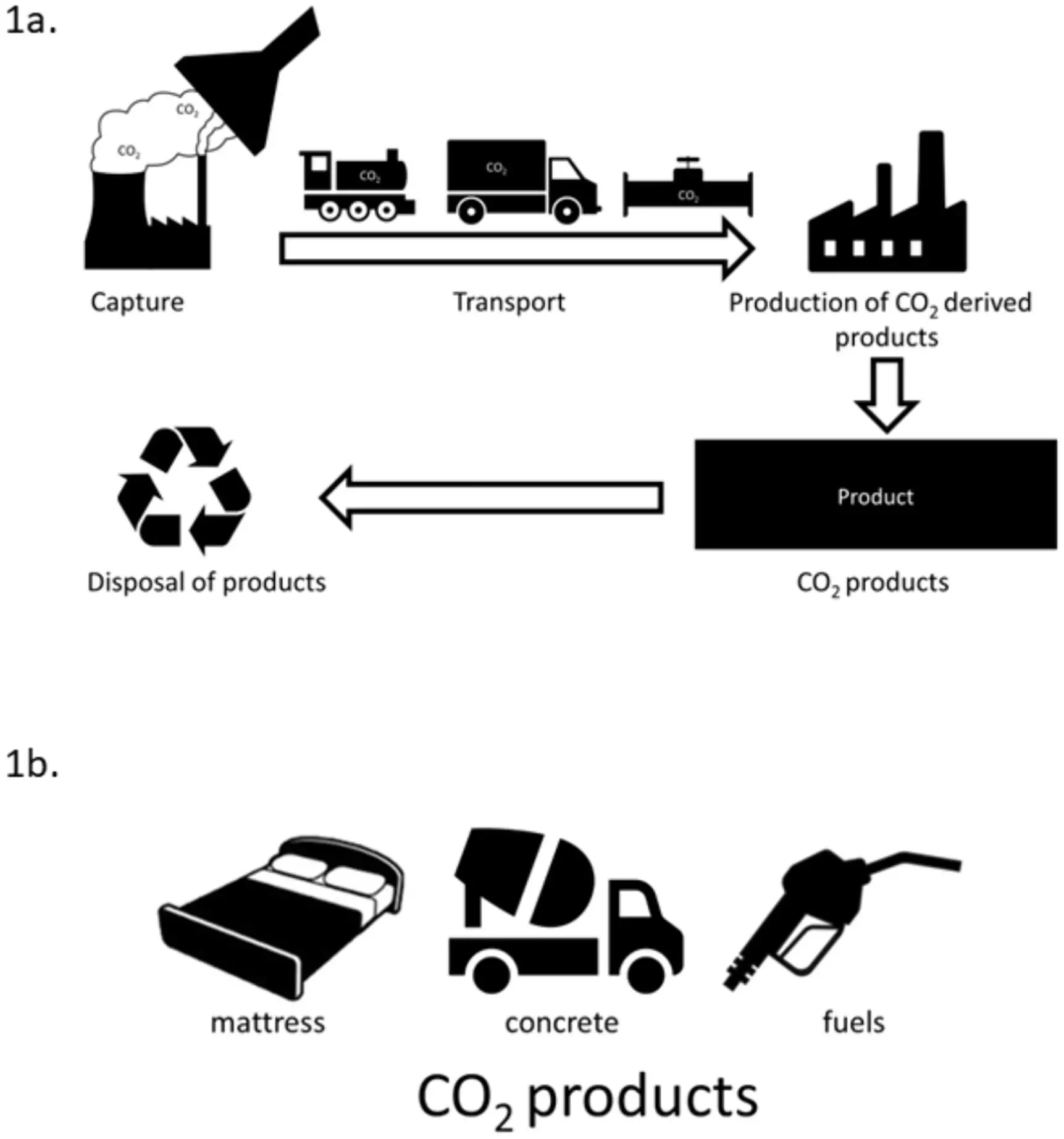As the world grapples with the escalating challenge of climate change, innovative solutions are surfacing, with Carbon Capture and Utilization (CCU) emerging as a prominent technical strategy. CCU offers a dual solution: capturing carbon dioxide emissions and transforming them into commercially viable products. This revolutionary approach not only promises to mitigate greenhouse gas emissions but also proposes a means to create sustainable materials such as fuels, concrete, and plastics. However, broader acceptance of CCU hinges significantly on public perception and support. A comprehensive study conducted by researchers at the University of Michigan delves into the multifaceted public attitudes toward CCU, exploring the nuances that shape these views.
The study reveals that while the American public demonstrates an overall positive disposition towards CCU, this sentiment is not universally shared. Many individuals are enthusiastic about the potential benefits of CCU in addressing climate change, yet the approval wanes when contemplating the establishment of local CCU facilities. The research suggests a critical discrepancy between the abstract concept of CCU and its tangible implementation in local communities. Such hesitance primarily stems from fears regarding environmental impacts and the socio-economic ramifications of land use changes necessitated by CCU infrastructure.
Moreover, the survey indicated that many respondents perceive CCU as a pathway toward economic enhancement rather than a primary solution for health improvement or climate mitigation. This perception accentuates a need for public education surrounding CCU’s benefits beyond mere economic gain. The challenge remains to shift the narrative from a solely economic incentive to a broader environmental justification, promoting a holistic understanding of CCU’s role in the climate change discourse.
One striking aspect of the study is its examination of how demographic factors influence perceptions of CCU. Notably, individuals identifying as environmentalists generally exhibited higher levels of support for CCU. Conversely, skepticism arose from those who held a belief that technological interventions disturb natural processes. This dichotomy hints at a broader philosophical divide within public attitudes toward environmental technology and its ethical implications.
Furthermore, the research uncovered significant variances in support based on race and gender. Racial minority groups expressed heightened concern over the local environmental risks associated with CCU, potentially due to their more direct experiences with environmental degradation. This indicates a substantial potential for CCU to exacerbate existing disparities if local facility construction is not approached with sensitivity to community concerns.
In addition, the study revealed that men tended to support CCU more robustly than women, reflecting deeper societal narratives that affect perceptions of technology and environmental stewardship. This dichotomy underscores the importance of engaging diverse community voices in discussions surrounding CCU to develop a comprehensive understanding of collective concerns.
The Need for Inclusive Decision-Making
The researchers underscore the necessity of inclusive dialogue when considering the implications of CCU implementation. Engaging a variety of stakeholders—including communities traditionally marginalized in environmental discussions—is vital in addressing not only the potential benefits of CCU but also the environmental trade-offs it may introduce.
The findings of the study are particularly salient given that the U.S. trails behind its European counterparts in terms of proactive climate initiatives, despite being one of the highest-emitting countries worldwide. Additionally, prevailing attitudes toward climate change reveal a polarized landscape where public concern about environmental issues remains low, inhibiting collective action.
Fostering Awareness and Engagement
Ultimately, the research advocates for a renewed focus on public education regarding climate change mitigation strategies, emphasizing the importance of CCU and its potential contributions to a sustainable future. Cultivating dialogue between experts and the general public is essential to navigating the complexities around CCU. By promoting an inclusive approach that considers diverse experiences and aligns economic incentives with environmental accountability, society can work collectively toward effective and equitable climate change solutions.
In facing the climate crisis, understanding and addressing public perceptions surrounding technologies like CCU will be pivotal. The road to climate mitigation is multifaceted and requires innovation, collaboration, and inclusivity to truly foster progress.

